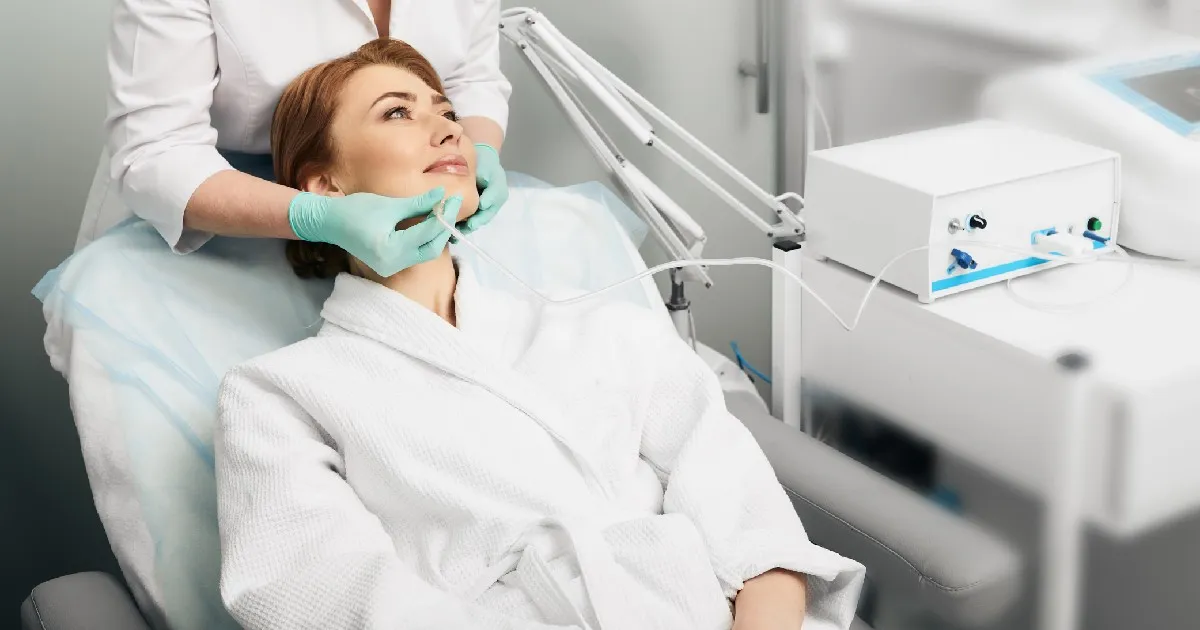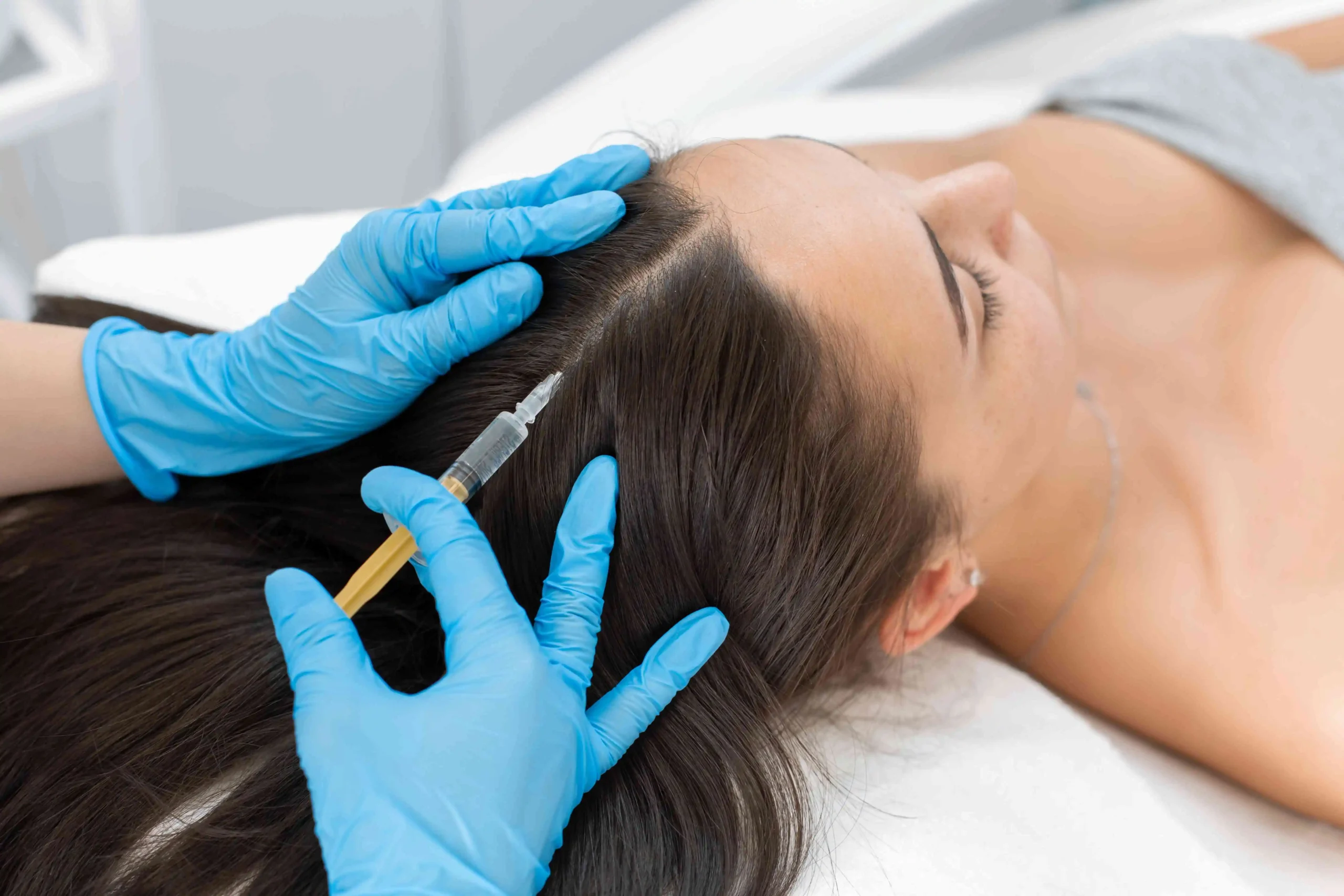Table of Contents
If you’re thinking about using BPC-157 to support recovery, reduce inflammation, or complement a regenerative treatment plan, you may have one practical concern:
Will it show up on a drug test?
At THE RE/ CLINIC, a regenerative wellness clinic based in Sandy, Utah, we work with many patients athletes, first responders, health-conscious professionals who need clear, trustworthy answers when it comes to treatment and compliance. Let’s walk through what you need to know about BPC-157 and drug testing.
What Is BPC-157, and Why Do People Use It?
BPC-157 is a synthetic peptide modeled after a protein found naturally in the human stomach. It’s known in regenerative medicine for its potential to:
- Support soft tissue and joint repair
- Promote better healing after injury
- Reduce inflammation and discomfort
BPC-157 is often used as part of a broader recovery strategy that may include stem cell therapy, particularly therapies using umbilical cord-derived stem cells one of the most potent and versatile sources available today.
With all that potential, it’s no surprise patients want to be sure this therapy won’t cause issues during workplace or athletic drug screenings.
Will BPC-157 Show Up on a Drug Test?
In most cases, no BPC-157 will not show up on standard drug tests.
Here’s why:
- Most routine drug tests (like urine or saliva panels used by employers or athletic agencies) are designed to detect specific categories of substances such as:
- Opiates
- THC (cannabis)
- Amphetamines
- Cocaine
- Benzodiazepines
- Opiates
- These tests identify metabolites or chemical signatures linked to substances that may impair function or violate policy.
BPC-157 is a therapeutic peptide, not a controlled substance or narcotic, and it does not metabolize into anything these tests are designed to detect.
Think of It Like This…
Picture a drug test as a security checkpoint. It’s programmed to spot people wearing certain badges opioids, THC, stimulants, and so on.
BPC-157 doesn’t wear any of those badges. It walks through the scanner, quiet and unnoticed not because it’s hiding anything, but because it simply isn’t on the watch list.
That said, high-level or specialized testing (like what might be used in professional sports) could look for substances not included in standard panels. If you’re in a regulated field, we recommend discussing this with your provider our clinical team at THE RE/ CLINIC can help guide you.
The RE/ CLINIC: Regenerative Wellness in Sandy, UT
At THE RE/ CLINIC, we specialize in science-backed, patient-centered regenerative therapies. Our services include:
- Peptide therapy, including BPC-157
- Stem cell therapy, using ethically sourced umbilical cord stem cells
- Customized regenerative programs to support joint health, performance, and long-term vitality
Our team of experienced providers ensures every treatment is tailored to your specific needs with full transparency about what’s being used, how it works, and how it fits into your health goals.
Traveling for Treatment? We’ll Take Care of You
We’re proud to support patients not only from Utah, but from across the U.S. and internationally. If you’re traveling for care, we’ll help make your stay smooth and stress-free by covering your hotel accommodations during treatment.
It’s one more way we make world-class regenerative medicine accessible no matter where you’re from.
Ready to Take the Next Step in your Wellness Journey?
If you’re curious about BPC-157, stem cell therapy, or any of our advanced regenerative wellness options, we’re here to help you move forward with confidence.
📞 Call us today at (385) 240-1000
📸 Follow us on Instagram: @thereclinic
🌐 Visit us online: www.thereclinic.com






